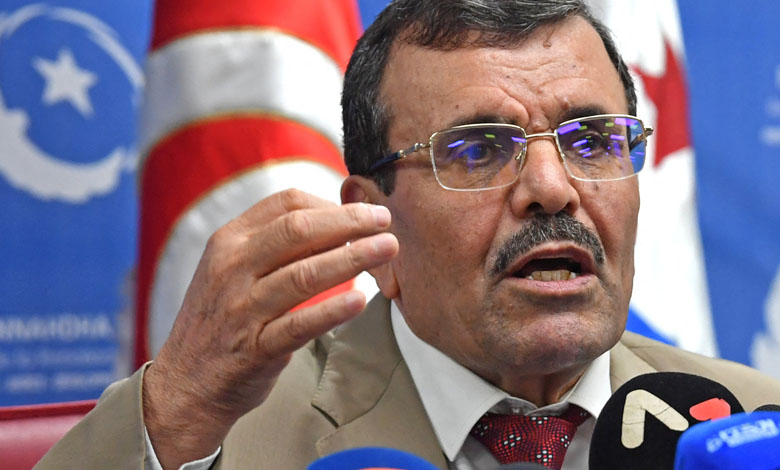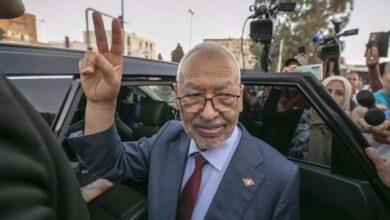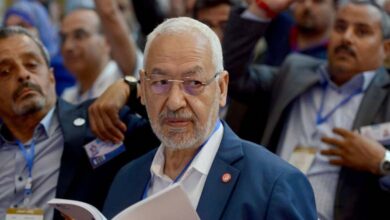Tunisia: Ali Larayedh’s arrest in the Case of sending tunisian jihadists to war zones

A Tunisian judge has ordered the imprisonment of former prime minister and senior official of the Islamist Ennahda party Ali Larayedh after interrogating him for hours on suspicion of sending young men to fight in Syria, two lawyers said on Monday.
“The anti-terrorism judicial investigative judge issued a deposit card against former Prime Minister Ali Larayedh in what is known as the ambassador file,” said lawyer Enas Harath.
“This is true,” Mokhtar al-Jamai, a lawyer for Larayedh, told Reuters when asked about the former prime minister’s imprisonment, without elaborating.
Larayedh and other PJD politicians, including the party’s leader Rached Ghannouchi, have been investigating the case in the anti-terrorism court since September.
Thousands of Tunisians joined Islamist battalions in the conflict in Syria after protests against the rule of Bashar al-Assad erupted during the Arab Spring in 2011.
Ennahdha leaders deny any involvement in the case. In a statement, the group accused President Kais Saied of fabricating charges against them.
“The movement considers the systematic targeting of the vice-president of Ennahdha as a desperate attempt made by the coup authority and its president, Kais Saied, to cover up the abject failure of the legislative elections which were boycotted by more than 90% of voters,” it said.
Ali Laarayedh served as interior minister in the first cabinet in 2011 and then prime minister between 2013 and 2014
In a statement, Ennahdha denied accusations of terrorism and described the decision as a political attack on one of President Kais Saied’s opponents “to cover up the abject failure of the elections.”
Election chief Farouk Bouaskar said only 11.22 percent of Tunisian voters cast their ballots in the parliamentary elections, after most political parties boycotted the vote, saying it was a sham election meant to consolidate Saied’s power.
After the turnout was announced, major parties, including the Salvation Front, which includes Ennahdha and its bitter rival the Free Constitutional Party, said Saied had no legitimacy and should step down.
Ennahdha accused Saied of carrying out an anti-democratic coup since he seized most powers last year and dissolved parliament and ruled by decree, powers largely formalized by a new constitution approved in a referendum in July.
Security and official sources estimate that around 6,000 Tunisians have traveled to Syria and Iraq over the past decade to join armed groups including the Islamic State. Many died there while others fled and returned to Tunisia.












